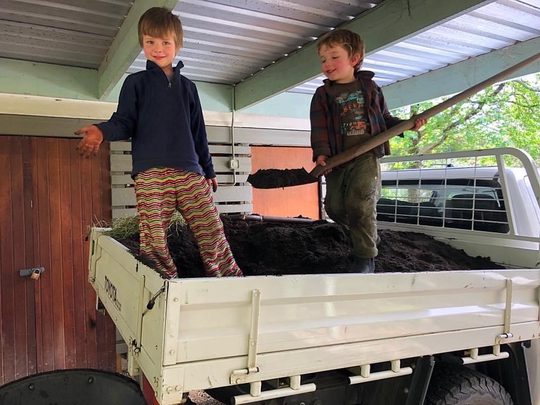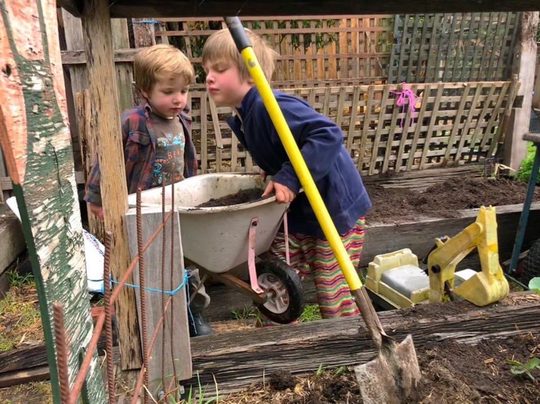Why look after soil?
The Web of Life – A healthy food web in your soil is key to help both plants and animals thrive in your backyard. A thriving ecosystem beneath our feet will feed your soil and the whole garden. Healthy soil is teaming with a multitude of living organisms, plants, animals, microbes and fungi. Microbes and fungi decompose old debris – this cleans up waste and fertilises your garden! Leaves and sticks also provide habitat for an array of bugs, skinks and frogs. This, in turn will attract native birds to your garden. The bugs and birds will work together to pollinate plants and manage pests/diseases.
A healthy soil is the foundation of building a vigorous garden, so don’t neglect it!
How to look after your soil:
- KNOW YOUR SOIL TYPE – Soil type is determined by particle size (sand, silt or clay) and the level of nutrients within your soil. Use this knowledge to choose the right plants!
- LEAVE THE LEAVES – Leaf-litter provides habitat for insects, worms and other critters (e.g. little skinks, colourful beetles and native bees).
- MULCH: a 10cm layer of leaf litter, bark, straw and/or twigs will help retain moisture in the soil, and adds organic matter to improve the soil quality. It also provides microhabitat for many small creatures.
- AVOID HARD SERVICES AND COMPACTION – A compacted soil isn’t nice for the plants’ roots, or for your earthworms; they still need air! A loose soil will also have better drainage, so avoid trampling all through your garden beds.
- ADD ORGANIC MATTER – Compost and manures will improve soil structure and condition whilst replenishing depleted nutrients. That top layer of rich organic matter in your soil is called humus (not hummus!)


